by Nancy Shankle, Ph.D.
TIEC is priviledged to have Dr. Nancy Shankle of the Texas A&M University RELLIS Campus as a technical advisor for policy and procedure as part of TIEC’s collaboration with the American University of Iraq, Sulaimani (AUIS). Dr. Shankle’s work with AUIS’ leadership to streamline and modernize the university’s policies for students, faculty, and university-wide procedures plays a key role in fulfilling this project’s grant objectives. TIEC is also committed to ensuring that AUIS’ academic programs and courses are well-aligned and inclusive of a diverse body of students, as well as to provide increased opportunities to faculty for global engagement.
Liberal education was once the highest form of education available for a free society. The term originated in classical times when liberal education referred to the education provided to free citizens. In fact, the root origin of liberal is liberalis meaning appropriate for free people. Its purpose was to equip wealthy, free citizens to lead their communities with a well-rounded education. In contrast, vocational and technical education focused narrowly on skills and trades appropriate for slaves and common workers.
In American universities, this tradition of liberal education expanded into public education available to all people. It was the path to the American dream. A university education provided not only essential skills leading to good jobs but also a well-rounded education to support our communities. Graduates would be better thinkers, support the public good, and contribute to society while also providing an educated workforce for the benefit of their families and their communities.
Over time, some have confused liberal education with a political ideology. This isn’t a matter of a liberal vs. conservative education. Instead, it is a philosophy of education that transcends political ideologies.
Today, this philosophy of liberal education still holds the promise of a new future for individuals and their communities. American baccalaureate degrees begin with two years of study in general education courses in the liberal education tradition. These courses are the foundation for focused study in a disciple or profession and include the following essential elements:
Knowledge of human cultures and physical and natural world, often including courses in art, language, literature, music, psychology, anthropology, math, and science;
Intellectual and practical skills such as inquiry, problem-solving, and innovation as well as quantitative literacy, information literacy, teamwork, oral and written communication skills;
Values that undergird democratic societies, especially justice, human dignity, freedom, self-governance, and equity and access to opportunity;
Engaged learning with opportunities to apply knowledge and skills to real world problems; and
Inclusive and welcoming learning communities that foster a sense of belonging among all students and encouraging them to learn from one another.
Some people have forgotten the value of these foundational courses and narrowly focus on skills-based courses leading to professions in engineering, medicine, or technology. Without the foundation of the liberal education courses, though, people may gain a vocation but lose the freedom of thought and benefit to society at large. Moreover, students who major in humanities and social sciences serve our communities as educators, social workers, public administrators, artists, journalists, writers, and more, thereby creating better societies for all of us. Without a strong commitment to liberal education, societies slowly starve for the freedom that enables communities to thrive.
The Texas International Education Consortium project has allowed me and other participants the opportunity to work with administrators and faculty at the American University of Iraq, Sulaimani, to infuse the ideals of liberal education across the institution, beginning with faculty professional development, policies and procedures, and curriculum review.
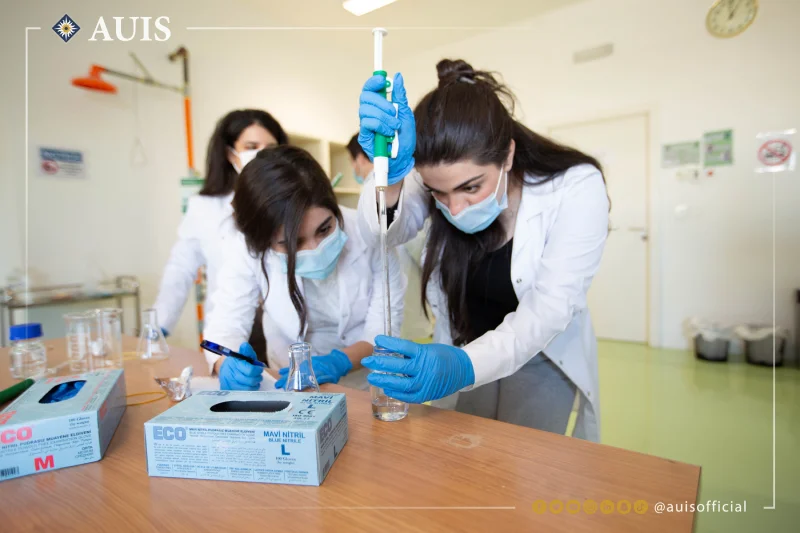
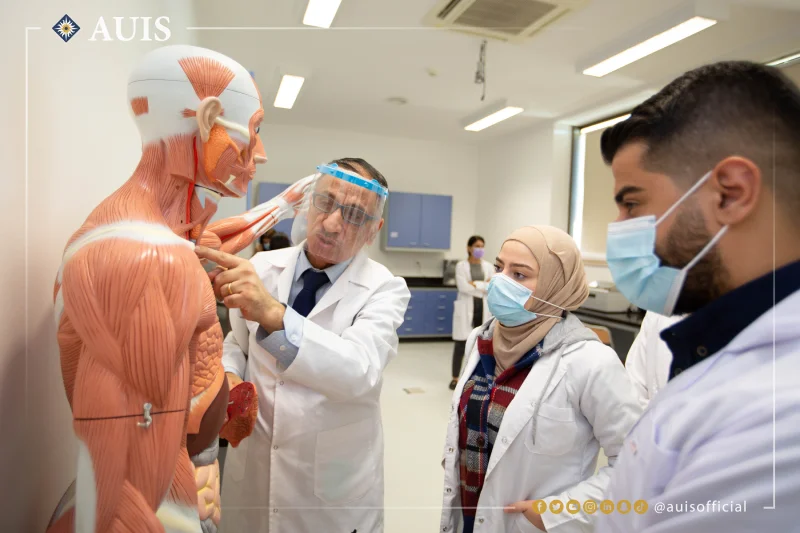
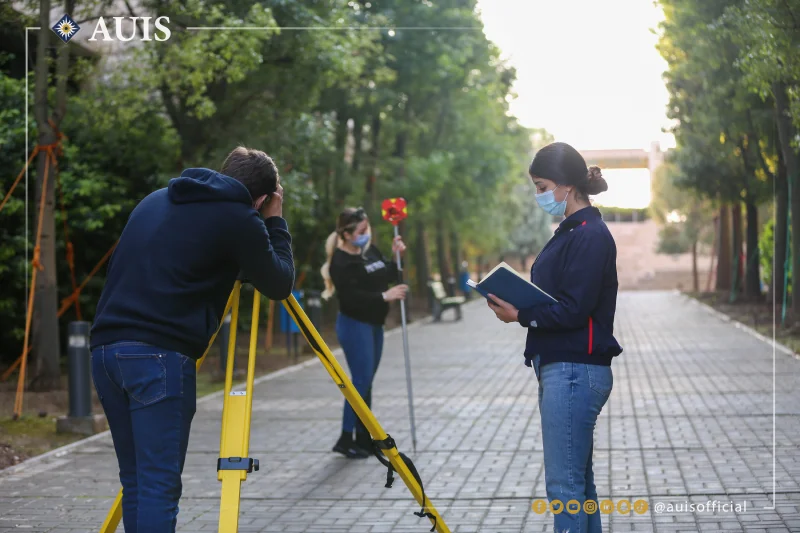
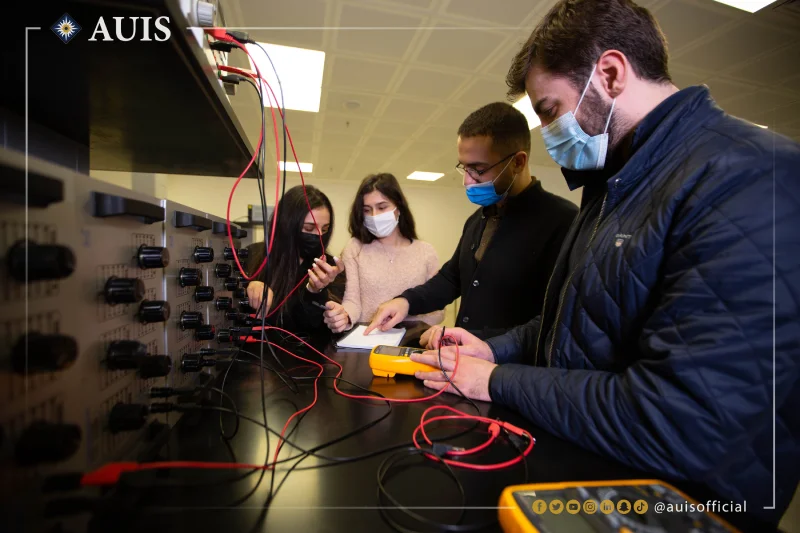
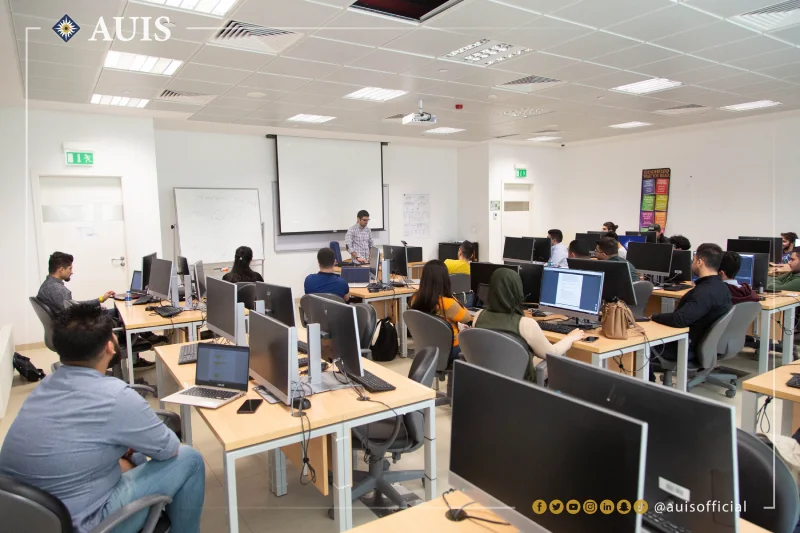
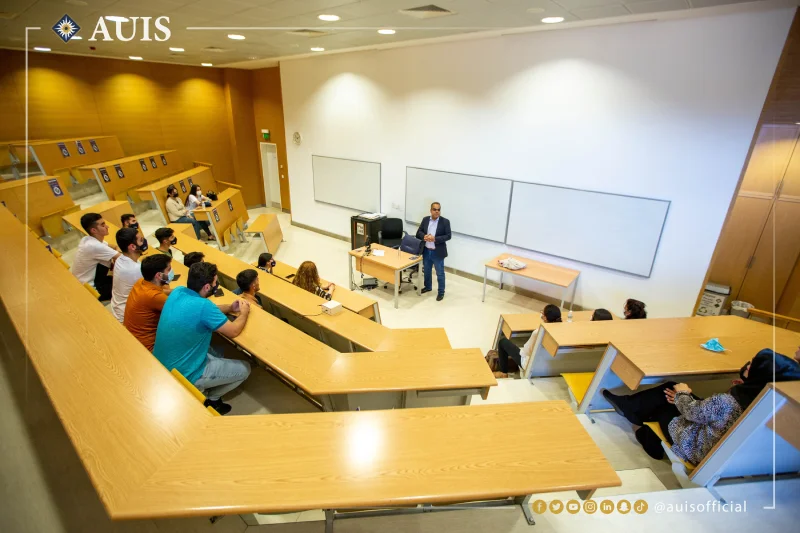
As part of the TIEC project, we:
Reviewed policies and procedures to ensure commitment to ideals of justice, human dignity, equity, and access to opportunity.
Reviewed new course and degree proposal processes to ensure that new degrees and courses include diversity and equity awareness in learning outcomes, activities, and reading materials.
Reviewed courses and degree programs to ensure student learning outcomes and program outcomes include intellectual skills such as inquiry, problem-solving, critical thinking, and innovative thinking that are foundational to a liberal education.
Developed a syllabus template that ensures courses use inclusive and welcoming language and that student learning outcomes and assessments align with liberal education elements listed above.
Revised student policies to ensure AUIS is an inclusive and welcoming community for all students and that judicial processes are based on justice, fairness, and due process.
Provided professional development for faculty on creating course syllabi, learning activities, and assessment measures using the elements of liberal education throughout their curriculum.
AUIS is built on this grand tradition of a liberal education to equip students for contributing to personal careers and to the advancement of their communities. Thanks to the partnership of TIEC and AUIS, we have strengthened AUIS in its mission to provide a liberal education to its students. You see the evidence in their revised degree programs and learning strategies. And you see the results in their graduates who are making a difference every day.
ABOUT THE AUTHOR:
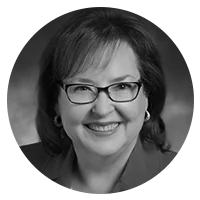
Nancy Shankle, Ph.D.
Associate Vice Chancellor for Academic Affairs, The Texas A&M University System; Provost, RELLIS Academic Alliance
A firm believer in liberal education, Dr.Shankle earned a Bachelor of Arts and Master of Arts in English from Texas A&M University-Commerce. She received a Doctor of Philosophy degree in English from Texas A&M University, College Station. Her previous academic administration appointments include positions at Abilene Christian University; Texas A&M-University-Texarkana; and LSU-Shreveport. In addition to numerous awards for teaching excellence, Dr. Shankle has published on linguistics and grammar anxiety and edited The Transforming Word. She has also presented at international, national, and regional conferences on accreditation, assessment, and American literature. In 2011, Dr. Shankle was awarded the Frances Hernandez Award for Excellence in Teaching, Scholarship, and Service by the Conference of College Teachers of English. Dr. Shankle was named Administrator of the Year at Texas A&M University-Texarkana in 2016.
Recent News
The Texas A&M Energy Institute, along with the Texas International Education Consortium (TIEC), Greentown Labs, and five Egyptian universities, will present a Climate and Energy Impact Showcase during the 27th Conference of the Parties (COP27) of the United Nations Framework Convention on Climate Change in Sharm El Sheikh, Egypt.
Jul 5, 2022
The Texas International Education Consortium (TIEC) has made it our mission to build global partnerships between Texas universities and higher education institutions around the world. This July, we again put that mission into action with a new initiative sponsored by the U.S. Embassy Cairo. TIEC’s Egypt University Partnerships Accelerator (UPA) will provide a platform for participants to share innovations and current research at their universities in the field of renewable energy, laying the groundwork for future collaborations between faculty in Egypt and Texas.
